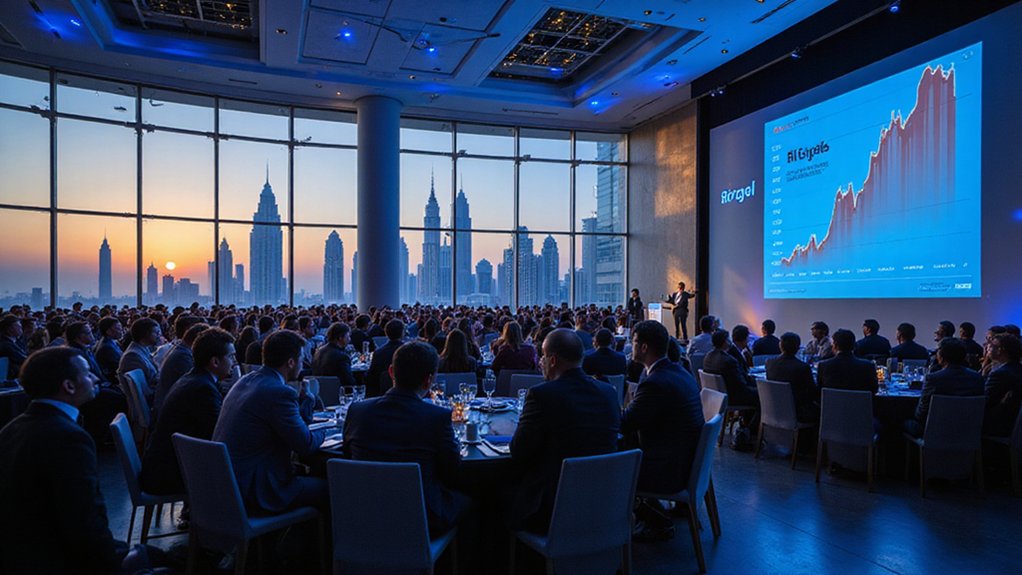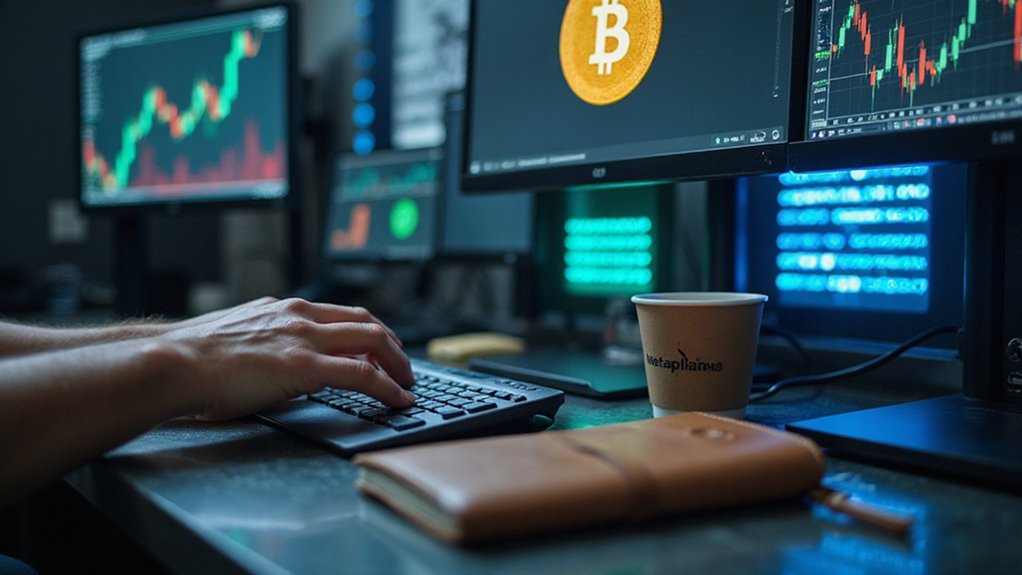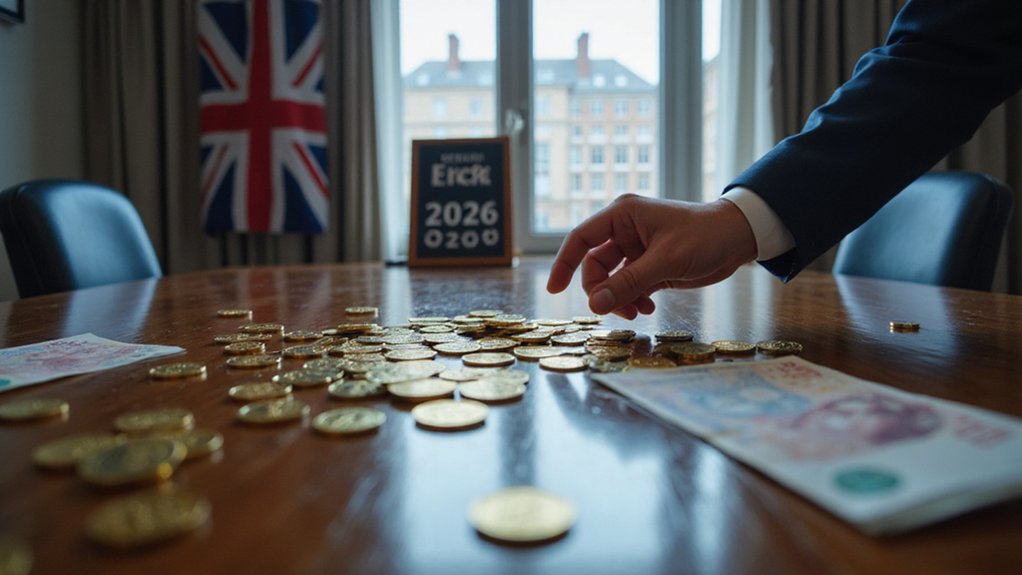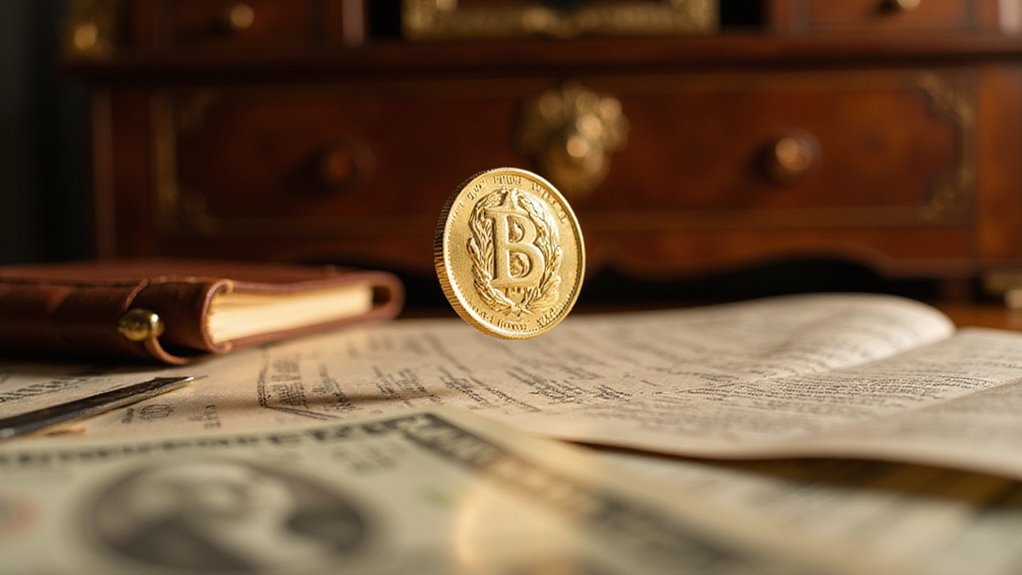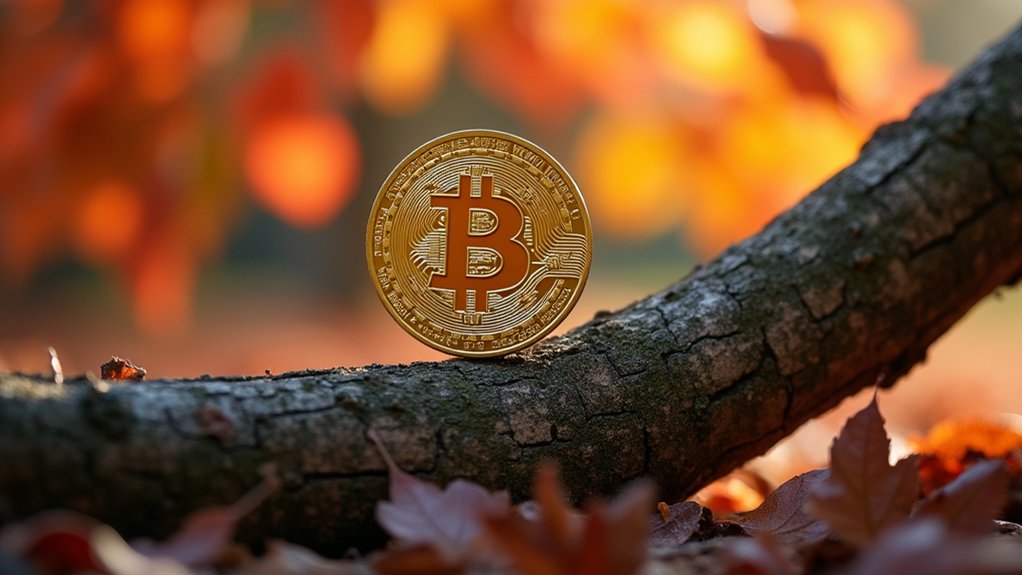The glittering metropolis of Dubai, long renowned for its architectural marvels and tax-friendly policies, has quietly positioned itself at the vanguard of the global cryptocurrency revolution—a transformation that extends far beyond mere regulatory accommodation. At the heart of this metamorphosis lies the Virtual Assets Regulatory Authority (VARA), established in 2022 to oversee virtual asset activities across Dubai’s varied jurisdictions, creating what industry insiders acknowledge as perhaps the most sophisticated crypto-regulatory framework outside Singapore.
The emirate’s approach—balancing innovation with prudence—has attracted global blockchain enterprises seeking refuge from the regulatory whiplash experienced elsewhere. Companies offering virtual asset trading services must secure VARA licensing, ensuring compliance with global AML and CTF protocols, while individual investors (mercifully) remain exempt from such bureaucratic entanglements. Dubai has also implemented activity-specific rules for custody, exchanges, and lending platforms that provide clear operational parameters. This regulatory clarity has contributed to the UAE leading globally with 27.67% of population owning virtual assets.
Dubai’s tax environment proves equally alluring: zero personal income tax applies to cryptocurrency transactions made by individuals, though businesses face a 9% corporate tax and VAT obligations when receiving crypto as payment. This bifurcated approach—generous to retail investors yet responsibly structured for commercial entities—reflects Dubai’s pragmatic governance philosophy.
The Dubai Blockchain Strategy further cements this commitment, integrating distributed ledger technology into public services with remarkable efficacy. Government initiatives have systematically deployed blockchain solutions across multiple sectors, enhancing transparency while reducing inefficiencies inherent in legacy systems. The region has become particularly attractive to decentralized exchanges like PancakeSwap, which leverage Dubai’s progressive stance to expand their multichain DeFi solutions beyond traditional markets.
Economic implications have proven substantial. The regulatory clarity has triggered an influx of cryptocurrency investment and entrepreneurial migration, creating specialized employment opportunities and diversifying Dubai’s economic foundation beyond its traditional pillars of real estate, tourism, and hydrocarbons.
International recognition has followed accordingly. The once-derided “digital gold” has found legitimacy in Dubai’s embrace, with global financial institutions grudgingly acknowledging the emirate’s foresight. As traditional banking centers continue wrestling with crypto’s existential challenges, Dubai has positioned itself as the destination where innovation flourishes without sacrificing security—a remarkable balancing act in a domain where most jurisdictions either smother innovation with regulation or permit a regulatory vacuum inviting malfeasance.
